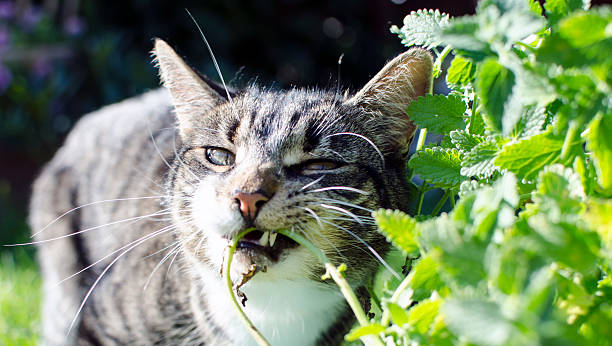
Do Cats Like Lemon Balm? Unveiling the Purr-fect Truth!
Lemon balm, with its delicate lemony fragrance, is regularly touted for its calming houses in human beings. But what about our feline friends? Do cats like lemon balm? The answer is a bit nuanced.
Table of Contents
While now not as universally cherished as catnip, a few cats do display hobby in lemon balm, and it could provide sure benefits.
However, it’s essential to understand the potential dangers and the way to offer it thoroughly. This accelerated article dives deep into the world of cats and lemon balm, exploring the technological know-how, the observed behaviors, and everything you want to recognise.
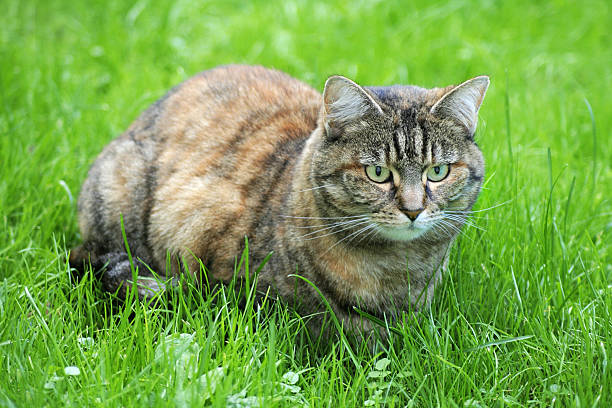
What is Lemon Balm?
Lemon balm (Melissa officinalis) is a perennial herb belonging to the mint own family (Lamiaceae). It’s additionally known as balm mint, garden balm, and melissa. This aromatic herb is native to Europe and the Mediterranean location but is now cultivated worldwide.
It’s a not unusual sight in herb gardens and is often utilized in teas and different natural remedies.
Botanical Information and Common Names
Lemon balm is characterized by its coronary heart-shaped, toothed leaves and small, faded yellow or white plant life that bloom within the summer.
It’s a exceedingly low-developing plant, usually attaining heights of 1-2 ft, making it appropriate for field gardening. The leaves launch a distinct lemon fragrance when crushed, therefore the call “lemon balm.” This characteristic scent is due to the presence of particular risky compounds.
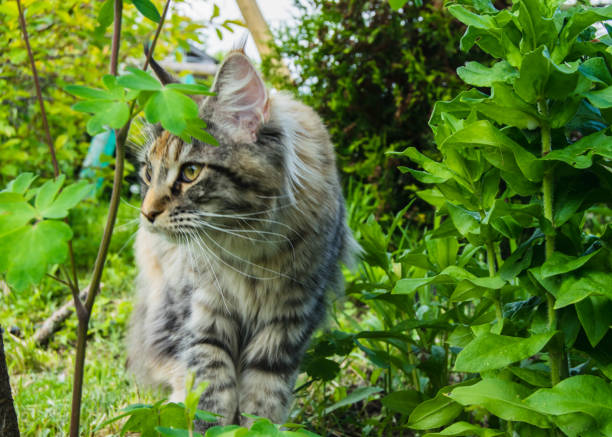
Other commonplace names, like “balm mint,” replicate its historical use as a soothing and medicinal herb. It’s essential not to confuse lemon balm with different plants that may have comparable not unusual names.
Chemical Constituents of Lemon Balm
Lemon balm’s aroma and capability healing residences come from its complex chemical composition. It incorporates various compounds, inclusive of:
- Essential oils: Citronellal, neral, geranial, and beta-caryophyllene are a number of the primary vital oils present, contributing to its lemony scent and capability calming results. These oils are risky and effortlessly launched into the air, which is why crushing the leaves releases the aroma.
- Polyphenols: These consist of flavonoids and phenolic acids, that have antioxidant residences. Antioxidants can help guard cells from harm as a result of unfastened radicals.
- Other compounds: Rosmarinic acid, caffeic acid, and other compounds can also contribute to its outcomes. Rosmarinic acid, particularly, has been studied for its capability anti inflammatory and antiviral houses.
Do Cats Like Lemon Balm?
While not as universally attractive as catnip, a few cats are sincerely drawn to lemon balm. It’s not unusual to look cats sniffing, rubbing in opposition to, or maybe nibbling on lemon balm leaves. The appeal seems to vary from cat to cat, much like with catnip.
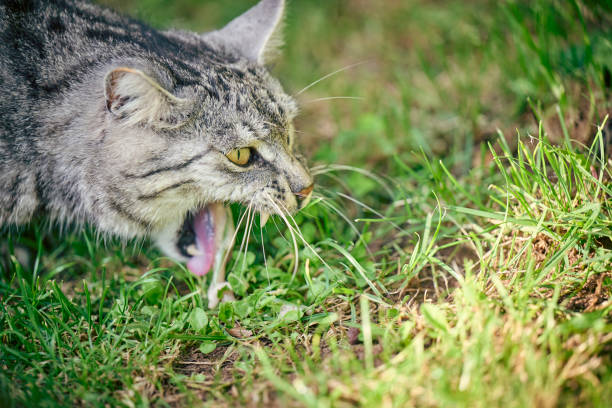
Observed Behaviors of Cats Around Lemon Balm
Cats which are interested in lemon balm might also exhibit behaviors just like their reactions to catnip, even though commonly less excessive. These behaviors can include:
- Sniffing and licking: Cats may discover the plant by way of sniffing and licking the leaves, looking to figure the heady scent and flavor.
- Rubbing: They may additionally rub their face, head, or frame against the plant, in all likelihood to transfer the heady scent onto themselves or to stimulate the discharge of greater important oils.
- Rolling: Some cats would possibly roll round in or close to lemon balm, a sign of leisure and rest.
- Chewing: While much less common than with catnip, some cats might nibble or bite at the leaves. It’s critical to make certain the cat does not ingest large portions.

Scientific Evidence Regarding Cats’ Attraction to Lemon Balm
While anecdotal proof shows that some cats are attracted to lemon balm, medical studies on this precise interaction is constrained. Studies have in most cases centered on catnip and other associated vegetation.
However, it is workable that the crucial oils in lemon balm, mainly citronellal, may cause similar sensory receptors in cats as those activated by nepetalactone in catnip. More studies is wanted to fully understand the mechanisms at the back of cats’ appeal to lemon balm and the way it differs from their response to catnip. It’s viable that distinctive cats have special sensitivities to the diverse compounds in those vegetation.
Benefits of Lemon Balm for Cats (if any):
Although research is limited, lemon balm is traditionally believed to have calming properties, and a few puppy owners have used it for cats with tension or strain.
Potential Calming Effects
Some proponents propose that lemon balm might assist lessen anxiety and promote relaxation in cats, especially in stressful situations like vet visits or journey. However, it is important to recollect that that is primarily based on anecdotal evidence and conventional use. More medical studies are had to affirm these effects in cats and to decide the ultimate dosage and approach of management.
Other Traditional Uses
In conventional medication, lemon balm has been used for various purposes, inclusive of lowering pressure, selling sleep, and easing digestive problems in humans. However, these makes use of are on the whole associated with people, and their applicability to cats calls for further research.
While a few herbalists may additionally endorse lemon balm for cats for similar reasons, it is essential to talk over with a veterinarian earlier than the use of it for any medicinal motive.
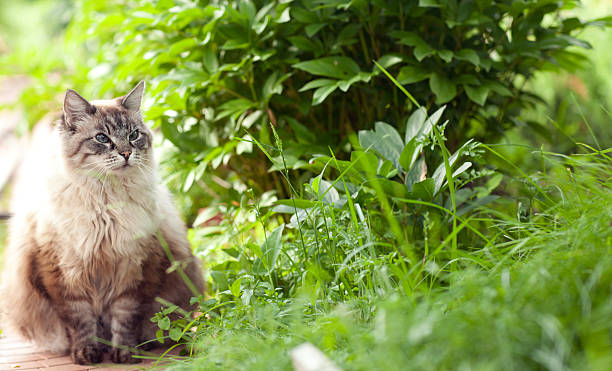
Risks and Precautions:
While typically taken into consideration secure in small quantities, there are ability dangers related to giving lemon balm to cats.
Potential Toxicity in Large Doses
Like any herb, lemon balm contains lively compounds that might be dangerous in large doses. Overconsumption would possibly cause digestive dissatisfied, such as vomiting or diarrhea. It’s essential to monitor your cat’s intake and save you them from ingesting huge quantities of the plant.
Allergic Reactions
Although rare, cats will have hypersensitive reactions to diverse plants, inclusive of lemon balm. Monitor your cat for any symptoms of an hypersensitive reaction, together with skin infection, itching, sneezing, coughing, or respiration issues. If you suspect an allergy, discontinue use and consult your vet.
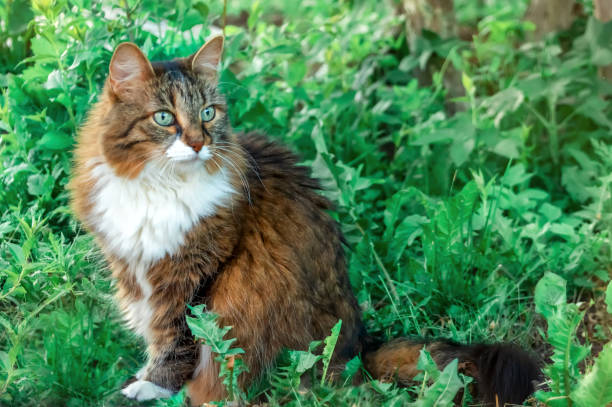
Interactions with Medications
If your cat is on any medicines, seek advice from your veterinarian earlier than imparting lemon balm. There’s a possibility of interactions that might be dangerous. Herbs can every now and then have interaction with medicinal drugs in unpredictable methods, so it is constantly first-class to be careful.
How to Offer Lemon Balm to Your Cat:
If you make a decision to offer lemon balm on your cat, it’s vital to achieve this competently.
Fresh vs. Dried Lemon Balm
Fresh lemon balm is commonly desired over dried, because it carries better levels of critical oils, which are believed to be liable for its effects. However, both may be used. If the usage of dried lemon balm, make certain it’s organic and intended for consumption (human-grade is pleasant).
Lemon Balm Toys and Sprays

You can discover cat toys that incorporate dried lemon balm, or you can make your own via stuffing a small amount of dried herb right into a sock or cloth toy.
Lemon balm sprays, diluted with water, also can be used to lightly fragrance your cat’s bedding or toys. However, it is essential to apply a twig specially formulated for pets and to avoid spraying it at once in your cat.
Consulting a Veterinarian
Before giving your cat lemon balm, it’s usually best to seek advice from your veterinarian. They can suggest you on the best dosage and ability dangers based on your cat’s man or woman fitness, age, and any existing medical situations. This is specially essential in case your cat has a records of allergies or is on medication.
Alternatives to Lemon Balm:
If your cat doesn’t reply to lemon balm or in case you’re involved approximately capacity risks, there are other natural options you may keep in mind.
Catnip
Catnip is the most well-known cat attractant and regularly produces a more reported euphoric effect in cats. Most cats experience catnip, and it is generally taken into consideration secure.
Valerian Root
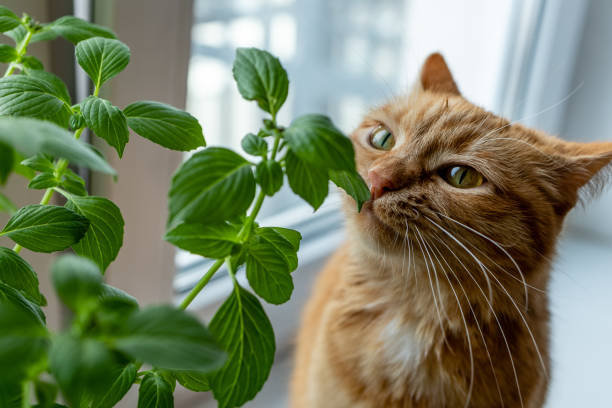
Valerian root is any other herb this is on occasion used to sell rest in cats. However, it has a stronger scent than lemon balm and catnip, and some cats may not like it.
Other Calming Herbs
Other herbs, like chamomile and lavender (in incredibly diluted forms), also are from time to time used for his or her calming residences in cats. However, continually consult your veterinarian earlier than introducing any new herb to your cat’s food plan or environment.
It’s vital to use puppy-secure merchandise and to keep away from using important oils without delay for your cat unless they’re especially formulated and diluted for feline use.
FAQs:
Is lemon balm safe for kittens?
It’s commonly fine to keep away from giving lemon balm to very younger kittens. Their systems are extra touchy, and it is great to err at the side of caution. Consult your veterinarian for advice.

How a good deal lemon balm can I supply my cat?
Start with very small amounts and observe your cat’s response. Consult your vet for unique dosage pointers primarily based to your cat’s weight and fitness circumstance. A preferred guideline is to offer no greater than a pinch of dried lemon balm or some clean leaves.
Can lemon balm cure my cat’s anxiety?
While it may have mild calming effects, lemon balm is not an alternative choice to veterinary treatment for tension. If your cat is displaying signs of hysteria (e.G., immoderate vocalization, hiding, aggression), seek advice from your veterinarian to rule out any underlying clinical situations and discuss appropriate treatment options. Lemon balm is probably used as a complementary therapy alongside professional veterinary care.
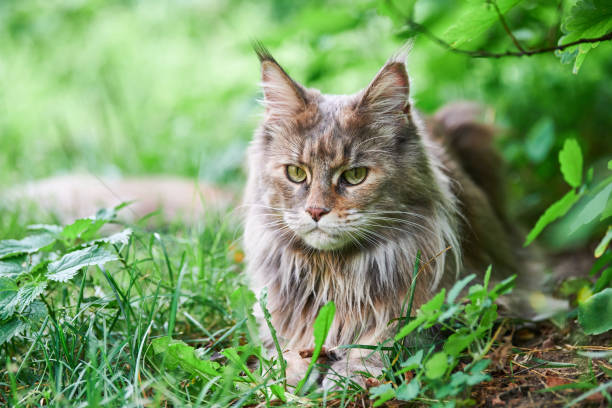
My cat ate quite a few lemon balm. What should I do?
Contact your veterinarian right now. While lemon balm is typically considered secure in small amounts, ingesting a large quantity should purpose digestive disenchanted or other detrimental reactions. Your vet can advocate you at the quality direction of movement based totally on the quantity ingested and your cat’s health.
Can I use lemon balm crucial oil on my cat?
Essential oils are especially focused and may be poisonous to cats. Avoid the usage of undiluted essential oils on or round your cat. Only use diluted sprays in particular formulated for cats. Even then, use them sparingly and ensure excellent ventilation. It’s generally safer to use clean or dried lemon balm than crucial oils.
Will lemon balm make my cat “excessive”?
Lemon balm does not typically produce the identical severe euphoric impact as catnip. The effects, if any, are typically much milder and more corresponding to rest. While some cats may additionally turn out to be playful or slightly extra mellow, it is not the identical sort of dramatic reaction seen with catnip.
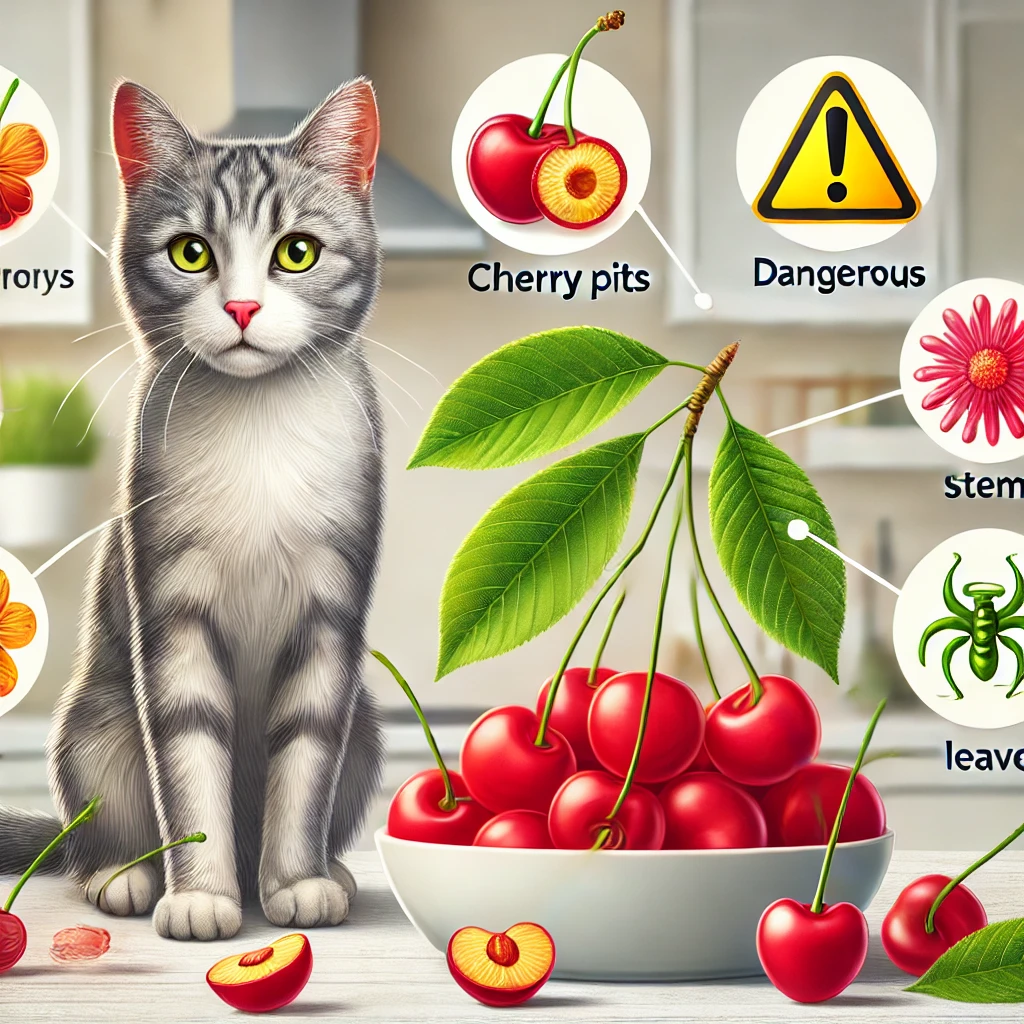
How do I know if my cat is allergic to lemon balm?
Watch for symptoms like pores and skin irritation (redness, itching, rashes), itching (immoderate scratching, licking, or rubbing), sneezing, coughing, watery eyes, or digestive disillusioned (vomiting, diarrhea). If you think an hypersensitive reaction, stop use at once and consult your vet.
Where can I buy lemon balm for my cat?
You can discover dried lemon balm in puppy stores, health meals stores, or on line. Fresh lemon balm may be grown to your garden or purchased from some nurseries or farmers’ markets. When buying dried herbs, ensure they are organic and supposed for consumption (human-grade is first-class).
Can I develop lemon balm at domestic for my cat?
Yes, lemon balm is tremendously easy to grow in a garden or even in a pot. Just make certain it is in a vicinity wherein your cat cannot get admission to it unsupervised to save you overconsumption. It’s quality to offer small quantities of clean lemon balm instead of letting your cat have loose access to the growing plant.
What if my cat does not react to lemon balm?

Not all cats react to lemon balm. If your cat shows no hobby, do not worry. It’s perfectly ordinary. There are other options, like catnip or valerian root, that you can strive. Every cat is extraordinary, and that they have their own preferences.
Conclusion:
While now not as universally cherished as catnip, lemon balm can be a pleasant and potentially beneficial herb for some cats. It may additionally offer slight calming outcomes, however greater research is wanted to affirm those benefits.
Always offer lemon balm moderately and monitor your cat for any unfavourable reactions. Consulting your veterinarian is vital earlier than introducing any new herb on your cat, specially if they have any underlying fitness conditions or are on medicinal drugs.
By taking appropriate precautions, you could explore whether or not lemon balm is a secure and fun addition on your cat’s global. Remember that every cat is an character, and what works for one cat might not work for every other.



3 thoughts on “Do Cats Like Lemon Balm? Unveiling the Purr-fect Truth!”